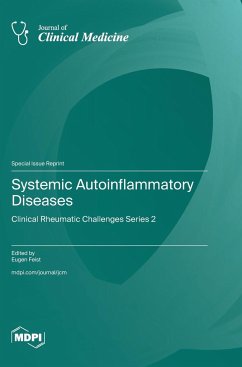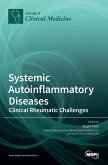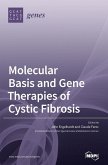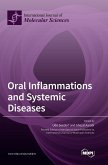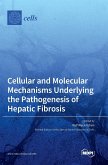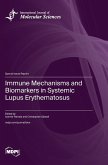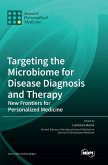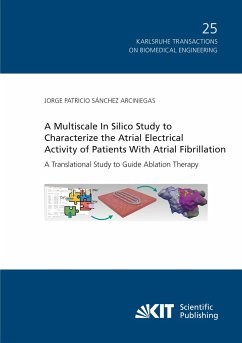Autoinflammation, as a relatively new field in clinical rheumatology, has gained increasing importance in recent years. The number of identified entities and affected patients has gradually increased, and some of the involved pathways have already been identified. This progress allows for a deeper understanding of the closely linked diseases, such as inflammasomopathies, interferonopathies, relopathies, and proteasome-associated syndromes. These insights have not only improved their classification, but have also helped us to identify new treatment targets of pro-inflammatory cytokines, including IL-1ß, IL-6, interferon-, and TNF-alpha. Nevertheless, there is still an urgent medical need, especially in the recognition of syndromes of undifferentiated recurrent fever and reliable outcome measures, for the confirmation of data from controlled clinical trials, in addition to data from registers regarding patients' long-term experiences. This Special Issue welcomed all types of papers on the broad spectrum of clinical characteristics, prognosis, pathophysiology, and treatment of autoinflammatory diseases. The goal of this Special Issue is to further raise awareness of autoinflammatory processes and to better separate them from well-established autoimmune diseases. It is clear that we have entered a new age in this complex field, as rheumatology is increasing linked to immunology.
Hinweis: Dieser Artikel kann nur an eine deutsche Lieferadresse ausgeliefert werden.
Hinweis: Dieser Artikel kann nur an eine deutsche Lieferadresse ausgeliefert werden.

